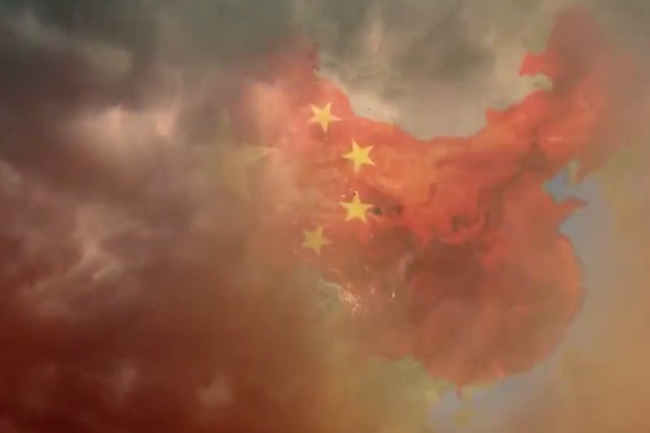China’s Greater East Asia Co-Prosperity Sphere By Victor Davis Hanson for American Greatness
The current Chinese Co-Prosperity Sphere is as dangerous—but also as vulnerable—as its failed Japanese predecessor.
Stonewalling investigations into the origins of COVID-19 in Wuhan? A hundred new hardened intercontinental nuclear missiles silos? Dressing down U.S. diplomats on purported American racism?
Braggadocio about nuking non-nuclear and once-nuked Japan, if need be? Winks and nods that Taiwan will soon be Hong-Kongized?
Hacking into Western institutions?
No apologies for lying about the origins, nature, and transmissibility of the gain-of-function, virology-lab-engineered Wuhan SARS-CoV-2 virus? Or rather, an attitude of maybe/maybe not the virus leaked from a military-related lab, “So what are you going to do about it—this time or next”?
Recently China has sought to ramp up its now accustomed bullying and intimidation of the Western world, still reeling from a Chinese-born coronavirus.
Yet its new global badgering is as much predicated on its potential as it is on its actual power, at least in classical terms of a global hegemon. Even in our postmodern electronic age, the real stuff of an ascendant civilization remains constitutional stability, fuel, food, economic strength, defense, strategic security, and education. In all those areas, is China really on course to overtake us?
Beneath the Veneer of Strength
A good indicator of the demographic advantage of large nations is not absolute numbers (otherwise India and China would have been sharing world power decades ago) but median age. Even in our increasing era of shrinking Western families, by 2050 the median age in America will be 44 years, but 56 in China. Indeed, China may already have 150 million residents over 65, nearly half the current population of the United States—at the very time the Chinese family is becoming Westernized, and the elderly increasingly dependent on the state.
There are currently more smokers in China than there are people in the United States. And Beijing is on a collision course with all sorts of costly expenditures for a population that might be characterized as excessively elderly and unhealthy, and yet never more expectant of quality state health and long-term care.




